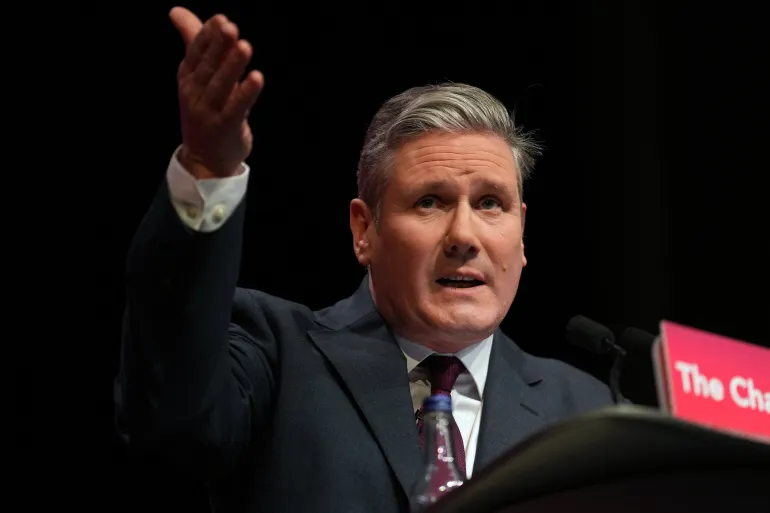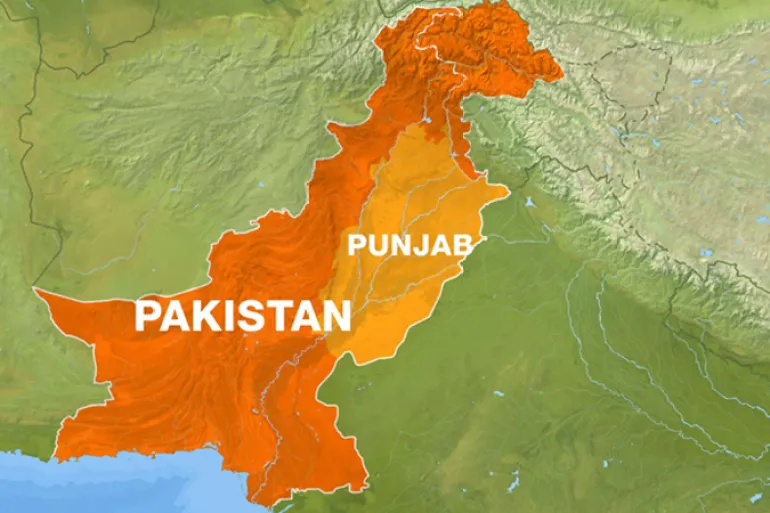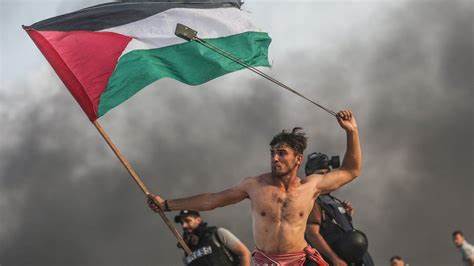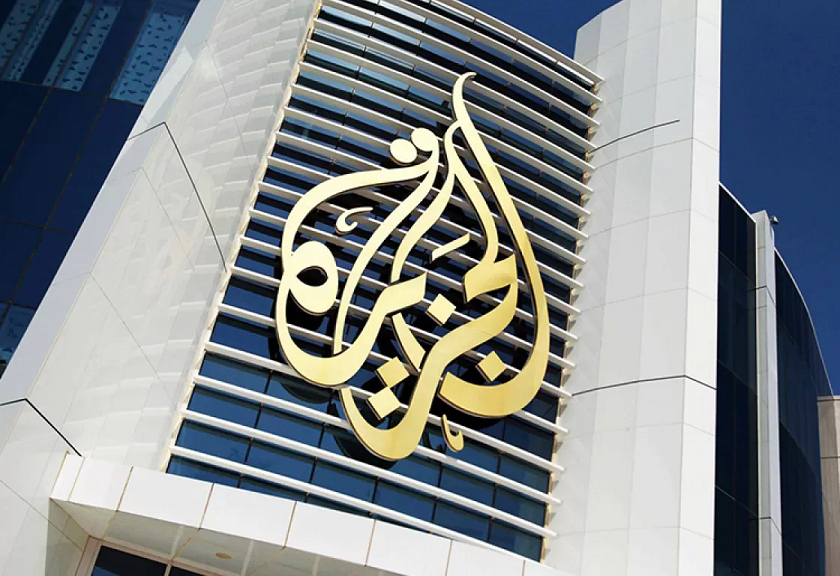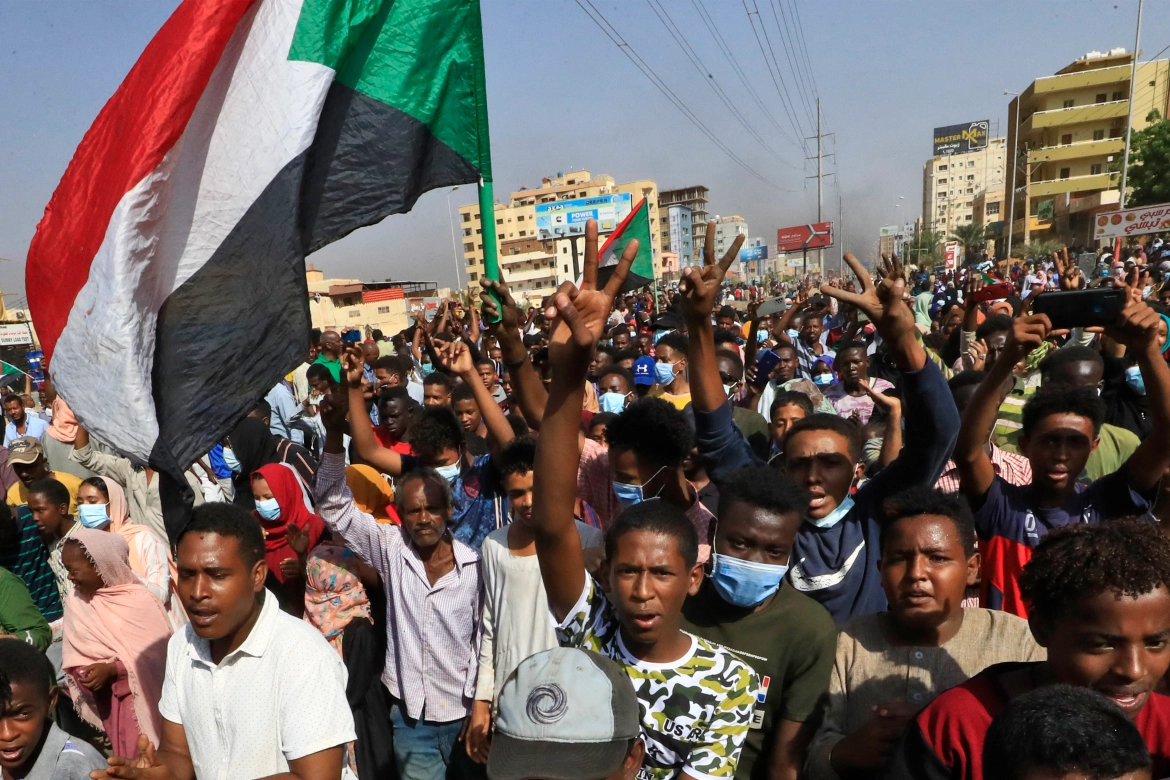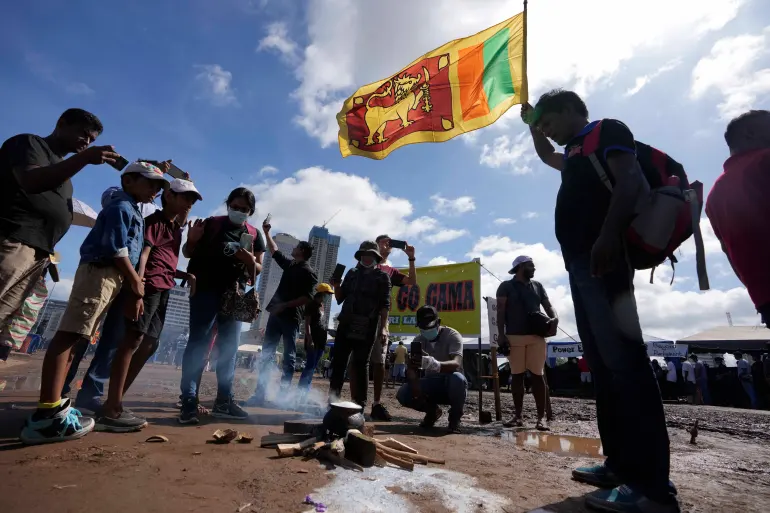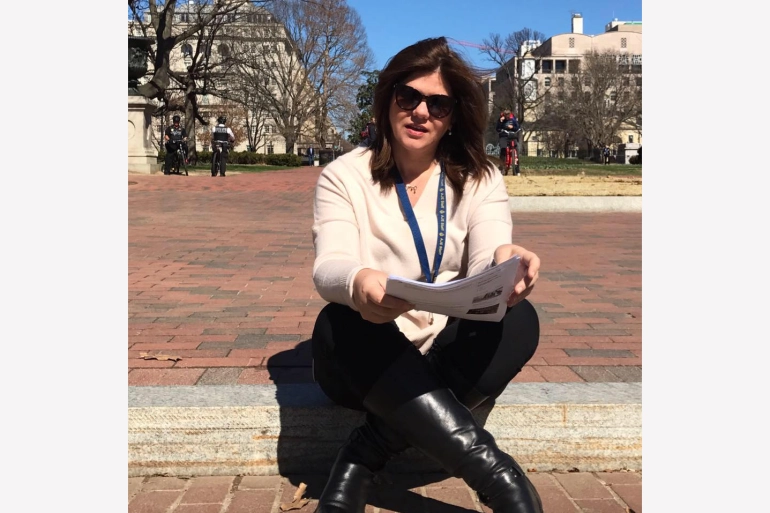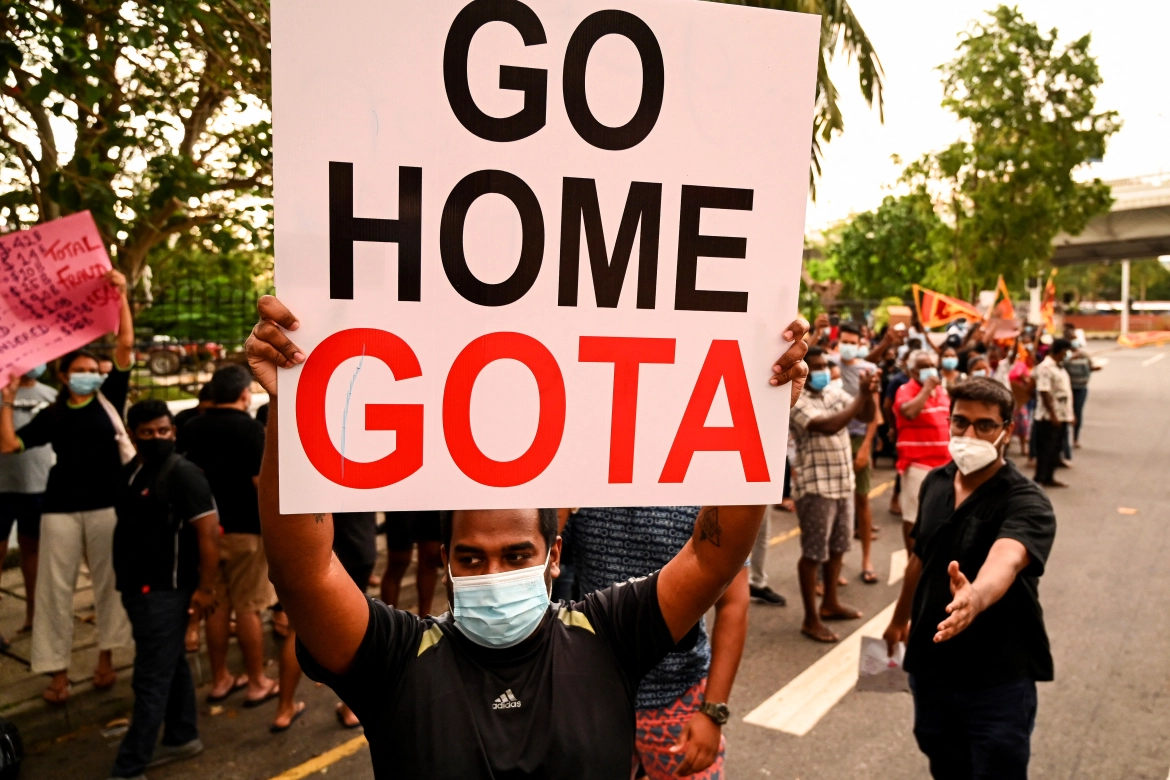Q&A: Activist Tun Khin on how Myanmar protests affect the Rohingya

– Mia Swart
Tun Khin is a Rohingya activist and the president of the London-based Burmese Rohingya Organisation, UK. He spoke to Al Jazeera about the current protests in Myanmar following the coup by the armed forces of Myanmar on 1 February 2021.
Al Jazeera: You are based in London. From your perspective how do you view the demonstrations of the last few weeks?
Tun Khin: These are the largest demonstrations since 1988. It is very encouraging even though the military is blocking the roads. The young generation is very brave. They want to be rid of the military. They want a federal union and an abolishment of the 2008 constitution. This is really important for Myanmar. It is not a democratic system.
Al Jazeera: How are the Rohingya affected by the coup and the current protests?
Tun Khin: A lot of Rohingya-related issues are surfacing. The protestors that were brutally shot in the head were shot by the light infantry division, the same division that has previously committed atrocities against the Rohingya. This means that the brutality of the military has been exposed. The people are now seeing just how brutal the military is and how they lied to the people of Mynamar.
The military first came for the Rohingya and are now coming for the people of Myanmar. This brings back the same feelings that people felt when shootings of the Rohingya happened in 2017.
One positive thing is that the people of Myanmar are slowly understanding what the Rohingya faced because they are also being attacked now. From Twitter responses it is clear that ordinary people in Myanmar are acknowledging the pain of the Rohingya. They now see that our military lied to us. Some people are saying: ‘We are sorry that we were ignorant about what the Rohingya people suffered and that we did not do enough.’ People are finally showing empathy with the Rohingya.
As Rohingyas we are not interested in a return to the status quo because under the previous so-called democratic government extreme human rights violations continued and the Rohingya faced genocide. There can be no democracy unless there are basic human rights, justice and accountability for all in Myanmar.
Al Jazeera: What is the current position of the Rohingya?
Tun Khin: There are currently 600 000 Rohingya in Rakhine state. The are facing genocide. They are not allowed to move from one village to another. They are not in a position to be able of being active during protests since they can’t even move without pass. Even to get food means putting one’s life at risk. They are basically imprisoned in Rakhine state. The Rohingya in the refugee camps are showing solidarity with the protesters. The Rohingya based in other countries are also showing solidarity.
Al Jazeera: What is the attitude of the coup leader to the Rohinghya?
Tun Khin: Current coup leader Min Aung Hlaing described in 2017 crackdown against the Rohingya as “unfinished business” of 1942.He is the person who ordered the killing of thousands of Rohingya including the slaughter of young people in 2017. He ordered the burning of 350 villages and he ordered to killed hundreds of children burnt alive. He has created one of the largest refugee camps in Bangladesh. The military was the architect of the genocide. The coup leader has been accused of genocide but no one brought him to justice
Al Jazeera: What is the current position in terms of the provisional measures ordered by the International Court of Justice in 2020 in the case of The Gambia v Myanmar?
Tun Khin: Myanmar’s genocide against the Rohingya is continuing unabated, based on evidence in a new report by BROUK our organisation released report which concluded that that the provisional measures have been violated. The court should make it obligatory for the government of Myanmar to publicize its report to the ICJ. We do not know yet what is in Myanmar’s report to the ICJ, but the facts on the ground speak for themselves .We are arguing that the report should be made public. We also urge the Court to make this report public as soon as possible. Rohingya should not be kept in the dark about our own fate – we have a right to know what the world is doing to pressure Myanmar to end these crimes.
Make no mistake – the genocide against the Rohingya is continuing unabated in Myanmar. The previous government and military have taken no meaningful steps whatsoever to improve the situation in Rakhine State, where women, men and children continue to suffer a hellish existence.
This interview has been edited for brevity and clarity.
- Most Viewed
- Most Popular


